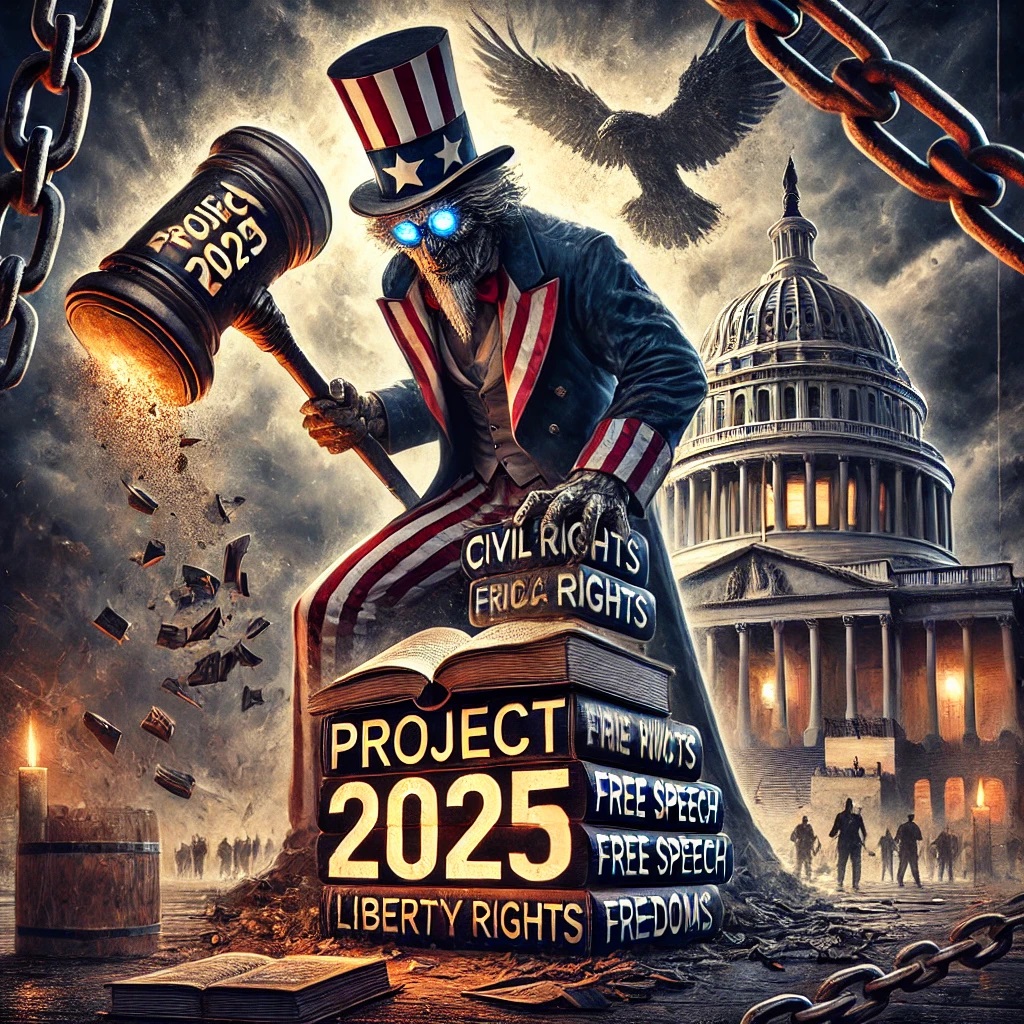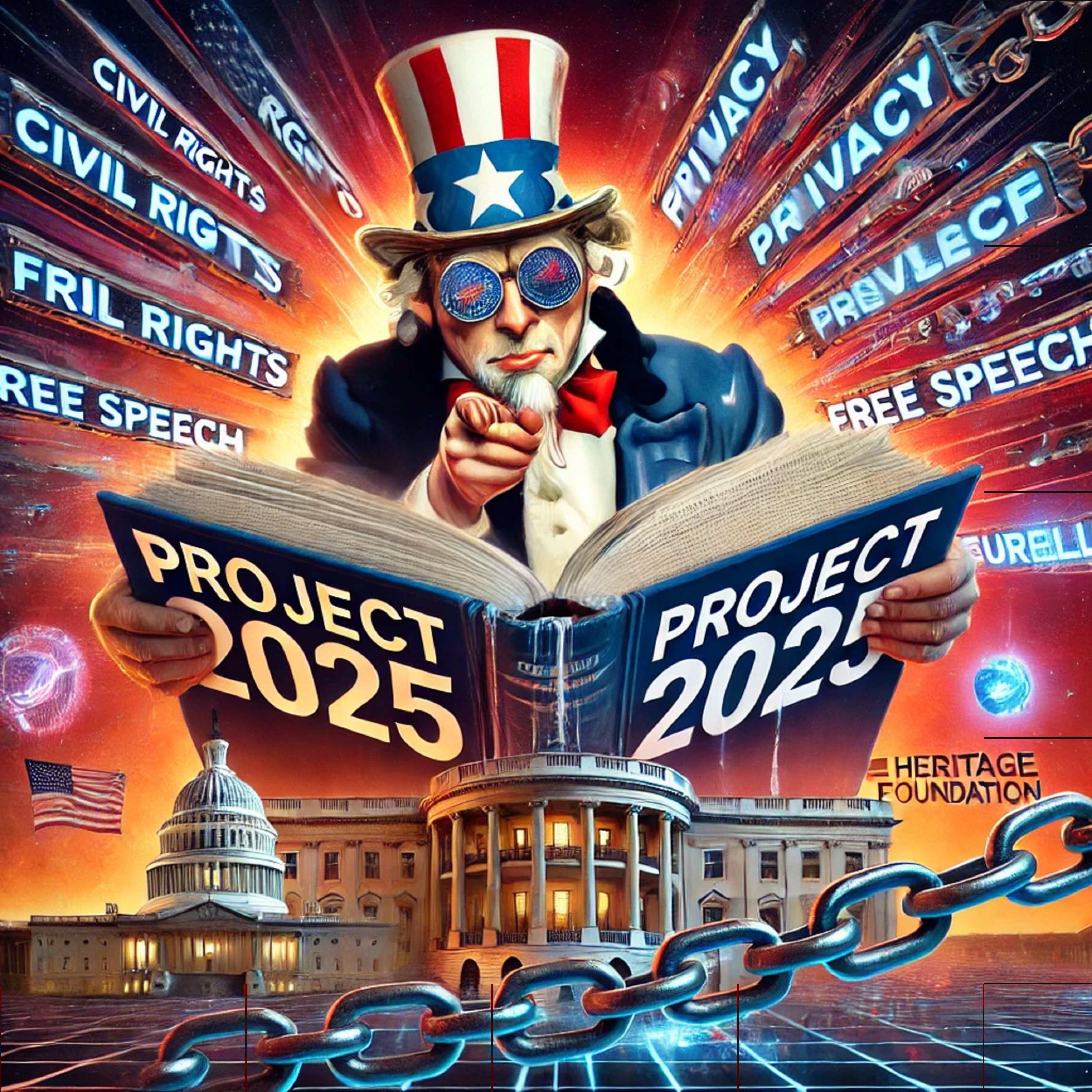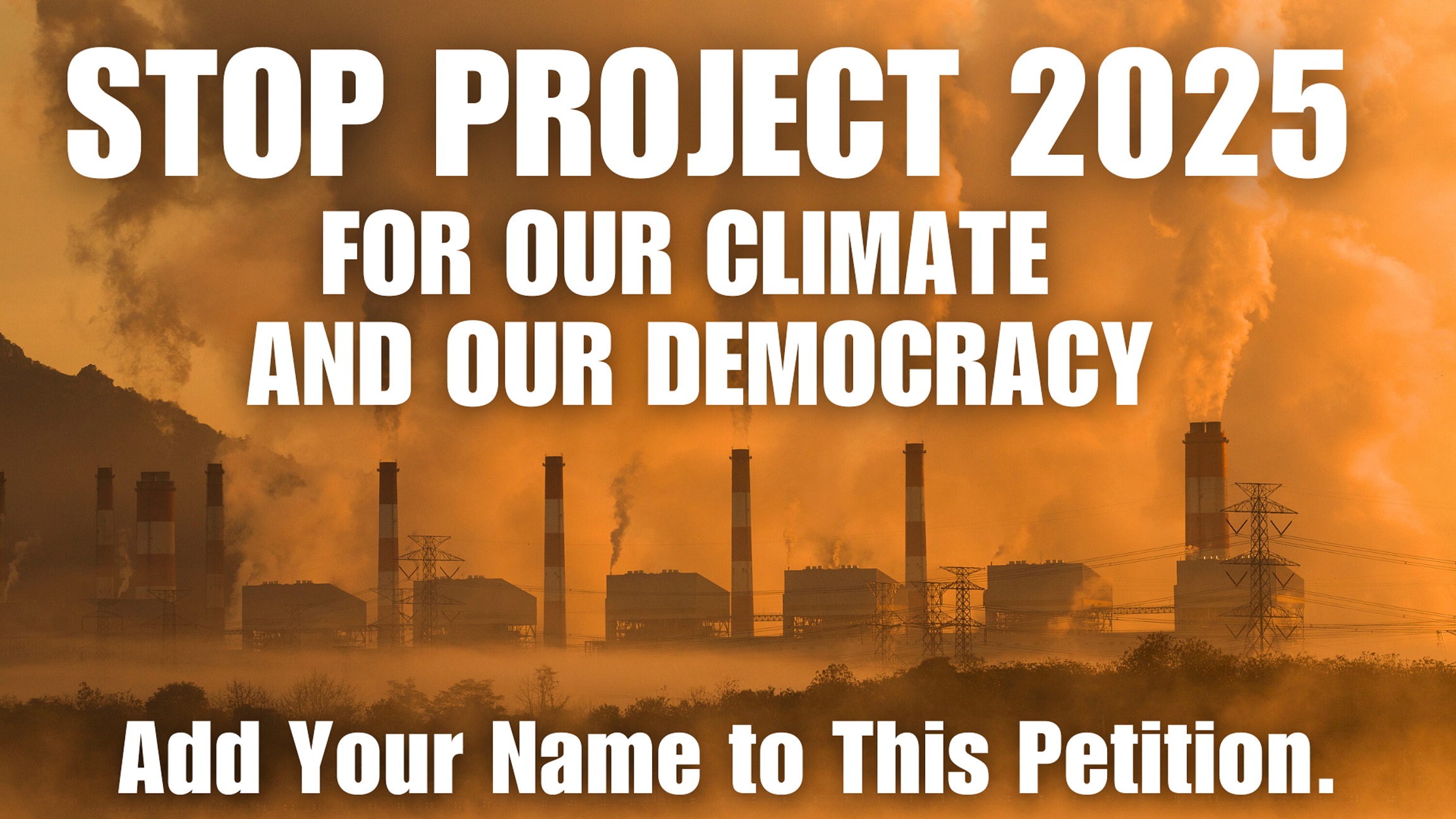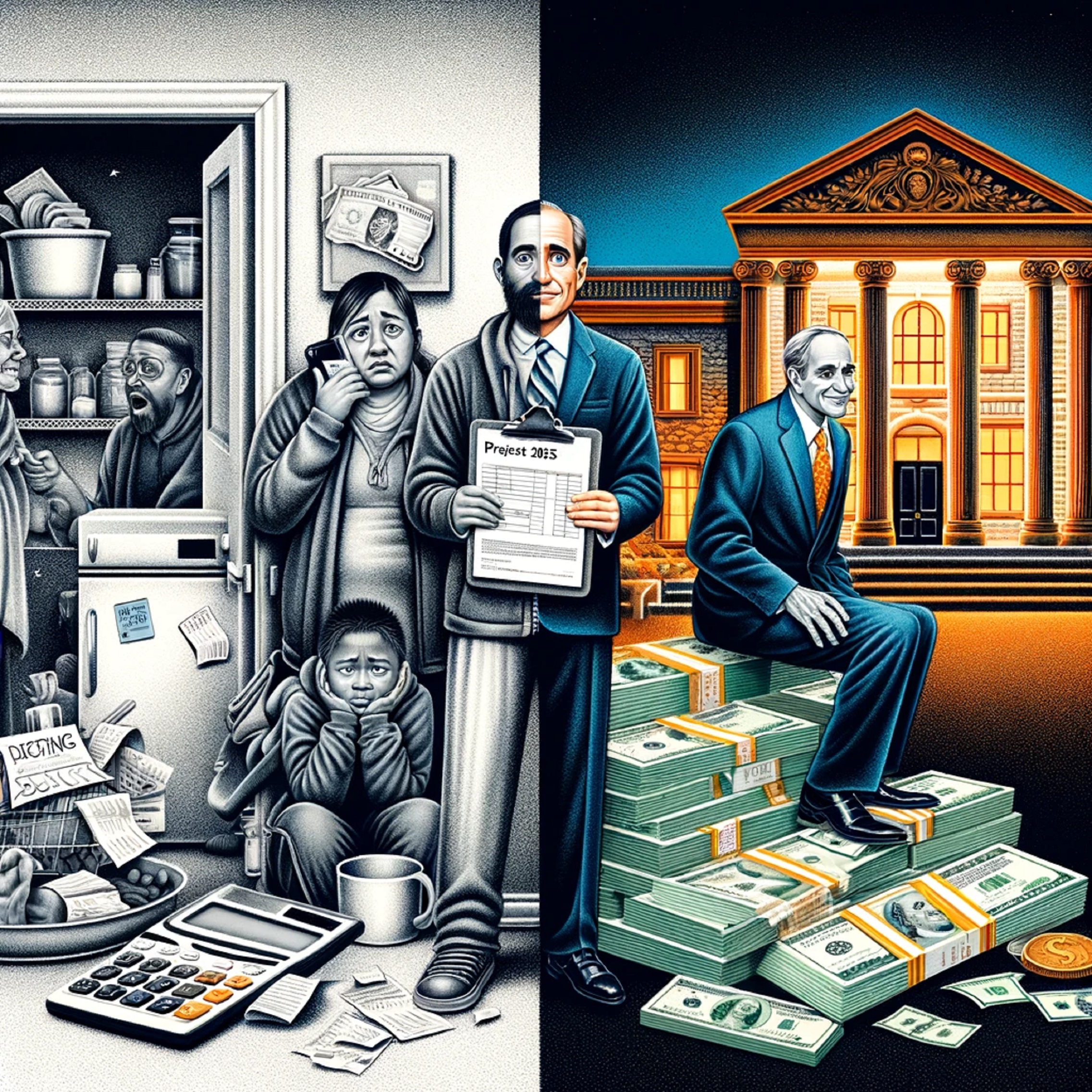Project 2025 is an extensive initiative spearheaded by the Heritage Foundation and supported by over 100 conservative organizations. Its primary objective is to reshape the U.S. federal government under a future Republican administration, likely led by Donald Trump or another GOP candidate. The initiative consists of a detailed 920-page policy document, known as the "Mandate for Leadership," which outlines a comprehensive strategy for implementing conservative policies across various federal agencies from the onset of the new administration.
Key Components:
Policy Agenda: The document outlines conservative policy goals for every federal agency, focusing on economic, social, and administrative changes.
Personnel Recruitment: It includes a "Conservative LinkedIn" to vet and place individuals loyal to the administration’s agenda in key government positions.
Training Academy: The Presidential Administration Academy is designed to train conservative appointees to effectively navigate and manage government operations.
180-Day Playbook: This is a detailed plan of actions to be implemented within the first 180 days of the administration, aiming for swift and significant policy shifts.
Concerns:
Critics argue that Project 2025 poses significant threats to American democracy and civil liberties. Key concerns include:
Consolidation of Executive Power: The project advocates for a unitary executive theory, suggesting that the president should have extensive control over the executive branch. This could undermine checks and balances, concentrating power in the hands of the president and his appointees.

Erosion of Civil Rights: The plan includes measures that could roll back progress on civil rights, including restrictions on LGBTQ+ rights, reproductive rights, and diversity, equity, and inclusion programs. Critics fear this could lead to increased discrimination and reduced protections for marginalized communities.
Dismantling of Social Safety Nets: Project 2025 proposes significant cuts to social programs such as food assistance, Medicare, and the Head Start early education program. These cuts could adversely affect millions of Americans who rely on these services.
Environmental Deregulation: The initiative aims to roll back environmental regulations to favor fossil fuel production, potentially reversing efforts to combat climate change and protect natural resources.
Economic Impact: By advocating for cuts in worker protections and overtime pay, the project could lead to lower wages and reduced workplace safety, impacting the livelihood of many working Americans.
Banning Pornography
Project 2025 proposes a comprehensive ban on pornography, categorizing it as harmful and addictive, similar to illicit drugs. This ban is not limited to traditional adult content but also targets LGBTQ+ content, which the initiative broadly defines as "obscene" and inappropriate for public consumption. The project outlines severe penalties for those producing, distributing, or even facilitating access to such materials, including imprisonment and classification as sex offenders for educators and librarians who allow access to LGBTQ+ content.
Implications and Privacy Concerns
The initiative mandates stringent identity and age verification processes for accessing online content deemed potentially obscene. These measures raise significant privacy concerns, as they involve invasive checks that could deter free expression and expose individuals to potential data breaches and misuse of personal information. The broad and ambiguous definitions of "obscene materials" allow for extensive censorship, potentially suppressing a wide range of content, particularly affecting non-heterosexual and non-traditional family content.
Broader Social and Legal Impact
Critics argue that Project 2025's stance on pornography and LGBTQ+ content is part of a broader agenda to roll back civil rights protections and enforce a conservative social order. The plan includes proposals to reverse legal protections for LGBTQ+ individuals in employment, housing, and healthcare, and to restrict access to gender-affirming care. This could significantly impact the visibility and rights of LGBTQ+ communities and push sex workers, particularly those who are LGBTQ+, further into the margins, increasing their risk of exploitation and violence.
Overall, Project 2025 is seen by its proponents as a necessary plan to restore conservative values and reduce what they view as excessive government overreach. However, its critics warn that it could significantly alter the fabric of American governance, reduce civil liberties, and exacerbate social and economic inequalities (Wikipedia) (The Heritage Foundation) (Democracy Forward) (Democracy Docket).





















